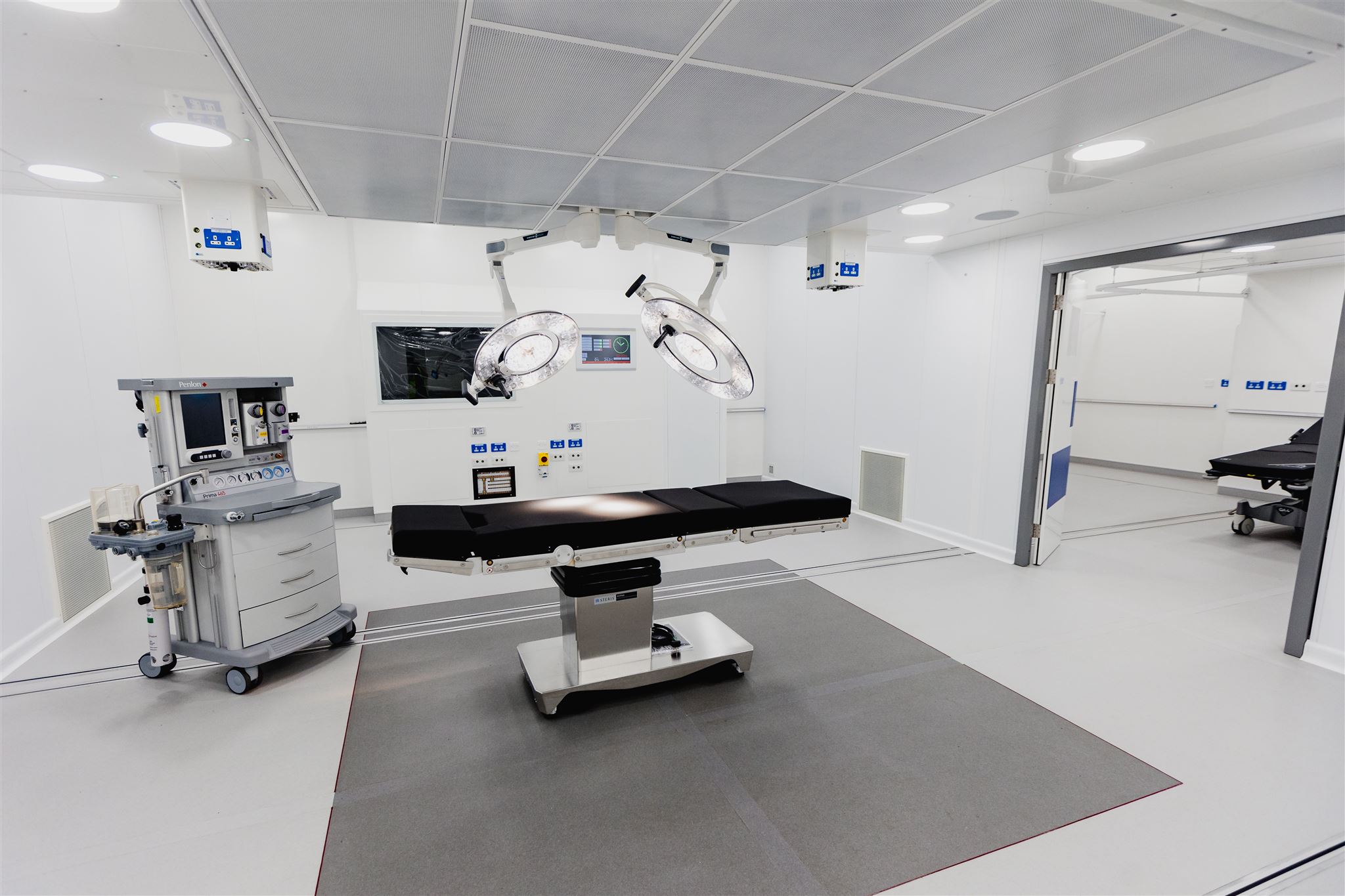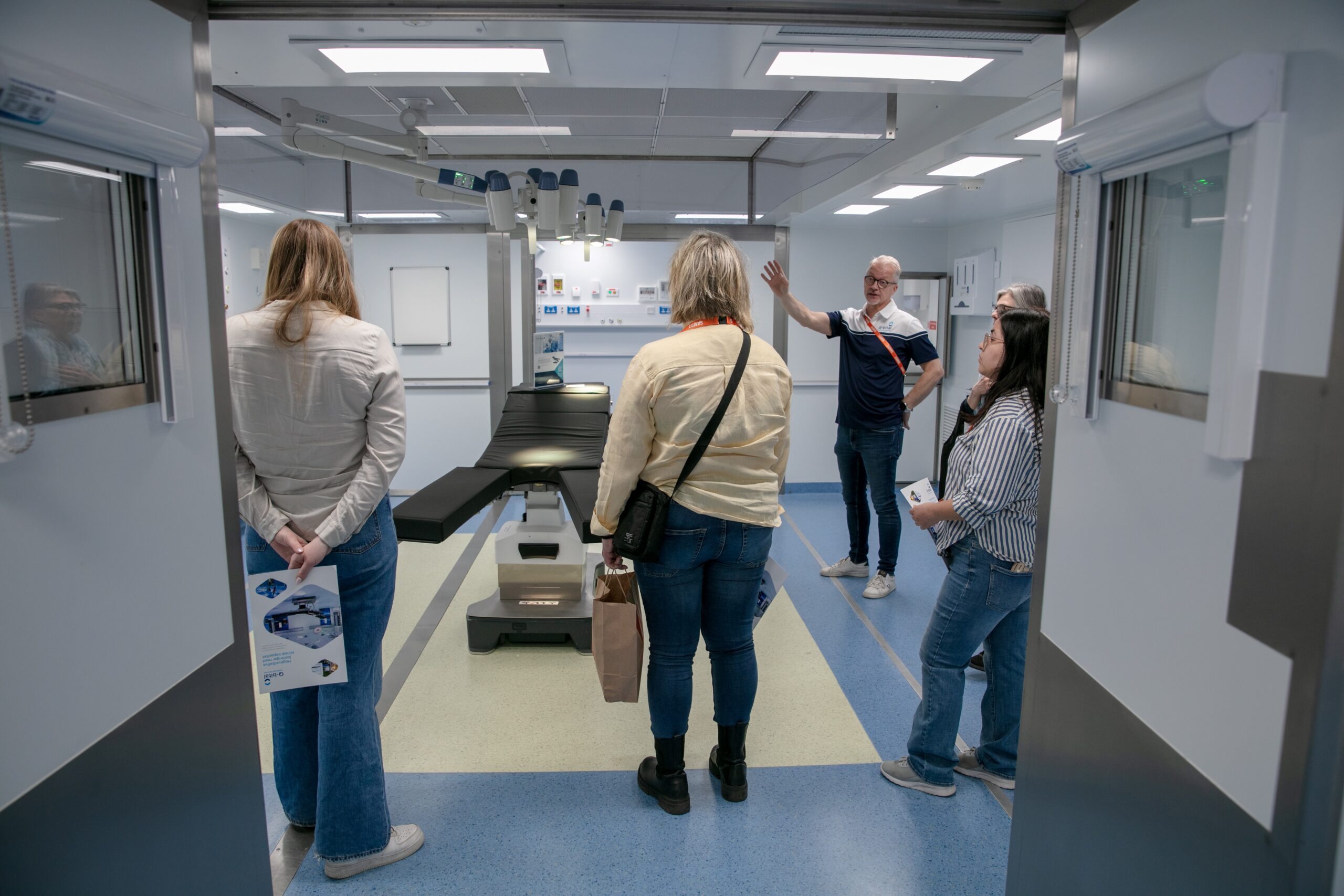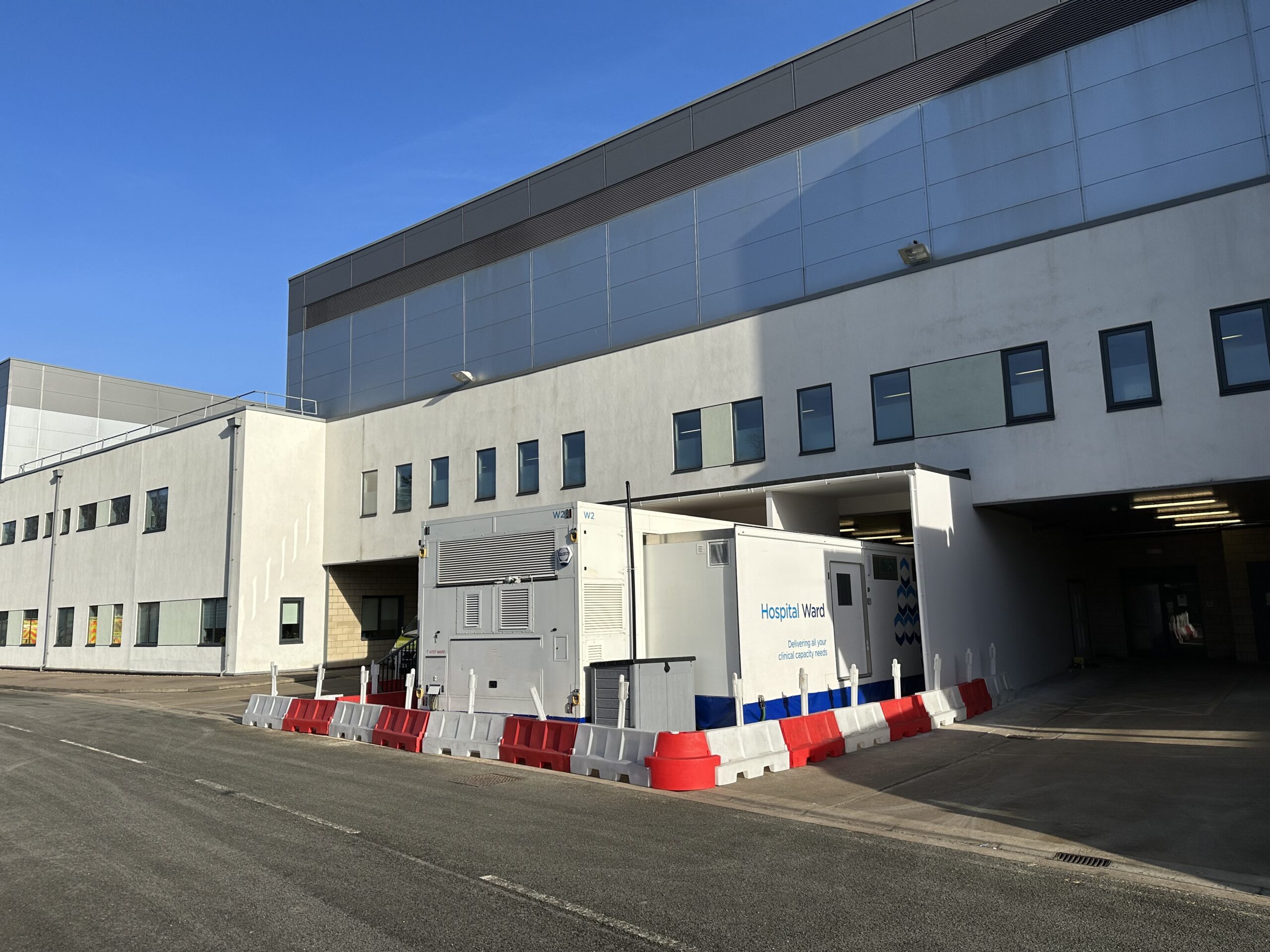As the number of Covid-19 cases fall, hospitals are restarting planned care, such as elective surgery, endoscopy, diagnostic tests, and scans. But while the most immediate crisis may be over, some hospitals continue to care for Covid-19 patients, and there is also a real prospect of a second wave or further localised outbreaks to consider.
Само миналата седмица австралийският щат Виктория отбеляза нов скок в потвърдените случаи, което накара правителството на Виктория да върне по-строгите ограничения и да удължи извънредното положение до 12 юли. Това показва колко е важно за болниците да поддържат капацитета на Covid-19 и ниво на готовност за нови огнища.
At the same time, waiting lists are growing even as planned surgery is being reintroduced, since productivity levels are initially reduced due to restrictions around additional PPE and social distancing. Hospitals are now under increasing pressure to implement solutions for increasing capacity while safely reintroducing these procedures, as soon as possible.
Although it varies between States and between hospitals, it is expected that surgery is up to around 75% of capacity - or building up to this level – in many cases. Western Australia, which has been affected less severely by the Covid-19 pandemic and has fewer restrictions, is thought to have reached full capacity last week, but other States are potentially facing a substantial backlog which could take up to 12 months to clear.
Some private hospitals, that aren’t treating Covid-19 patients, are reportedly operating at 100% of capacity and have been able to supply extra capacity to help with backlogs. However, adding room capacity at a public hospital site is also possible, using гъвкава здравна инфраструктура, such as mobile and modular operating rooms and wards, that can be set up and be operational very quickly.
The mobile or modular room and ward complex will then provide a stand-alone, ‘cold’ or ‘clean’ zone within the grounds of the main hospital facility, providing a less disruptive patient journey while also reassuring patients who may be concerned about the risks associated with having surgery in a hospital treating Covid-19 patients.
The safe resumption of elective surgery was discussed recently in a webinar hosted by the Medical Technology Association of Australia (MTAA), which brought together leaders from both the private and public sectors to provide insight into the challenges the healthcare system is facing, such as general risk, adequate PPE and staffing.
However, physical capacity also provides a major challenge. To make a real difference to waiting lists, it is thought that many hospitals will need to reach somewhere around 120% of pre-Covid capacity.
This is not over yet. While there are reports of some Australian hospitals making headway into Covid-19 induced backlogs already, there is likely to be a large ‘hidden’ waiting list, in the form of patients who have delayed seeking treatment during the pandemic or had their appointments and diagnostic tests cancelled.
Q-bital Healthcare Solutions provides essential facilities to support healthcare providers when additional capacity is needed to cut waiting lists, to decant an existing room or in response to a crisis situation, and has been a trusted provider partner for over 20 years.
To find out more about temporary flexible healthcare solutions, please contact info@q-bital.com



Q-bital Healthcare Solutions
Unit 1144 Regent Court, The Square, Gloucester Business Park, Gloucester, GL3 4AD
